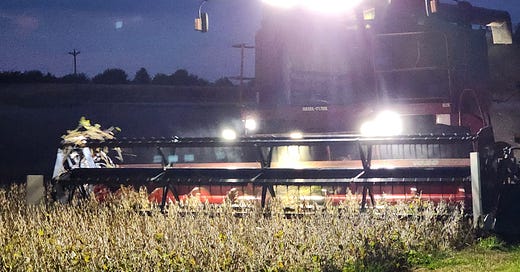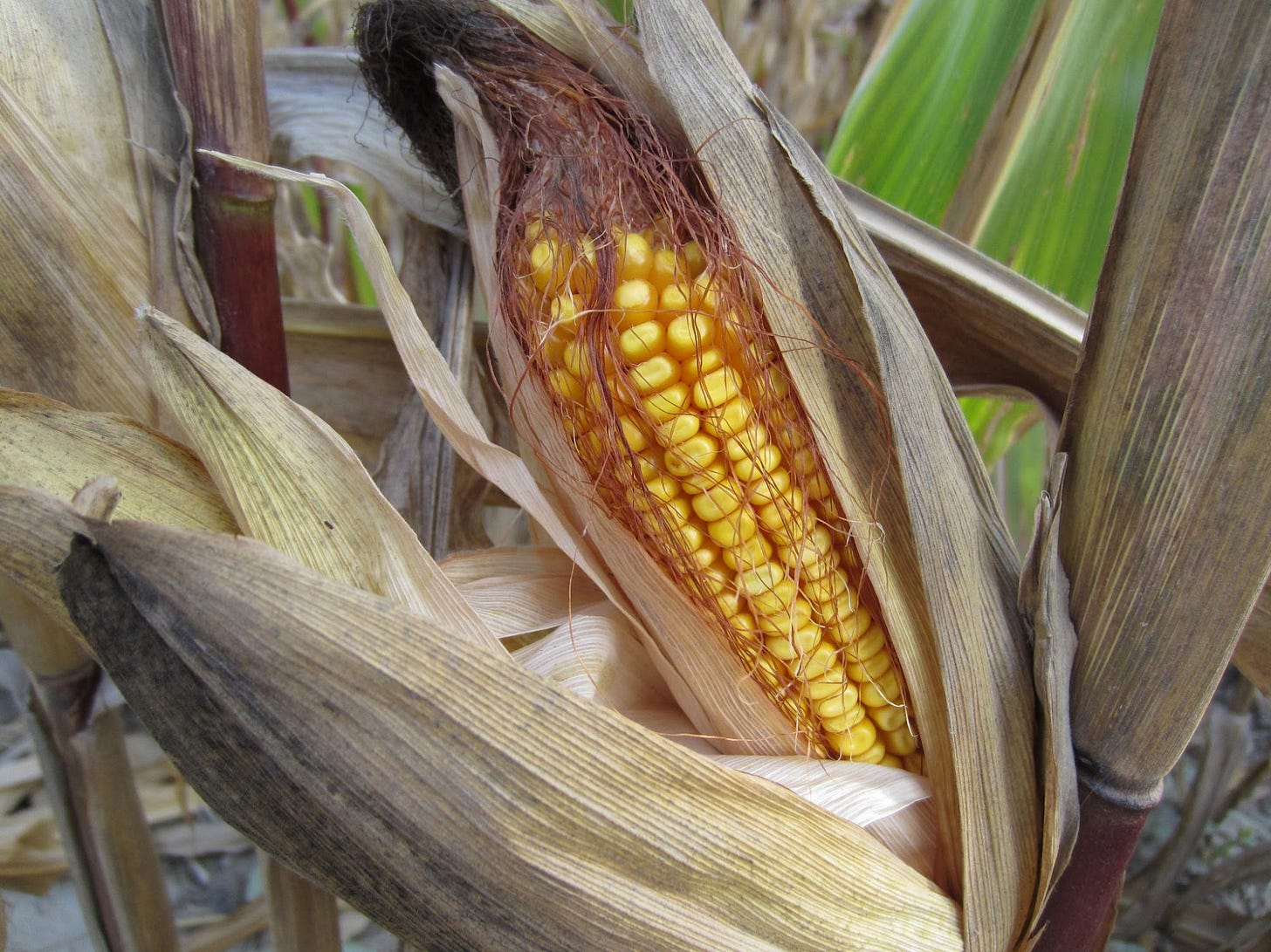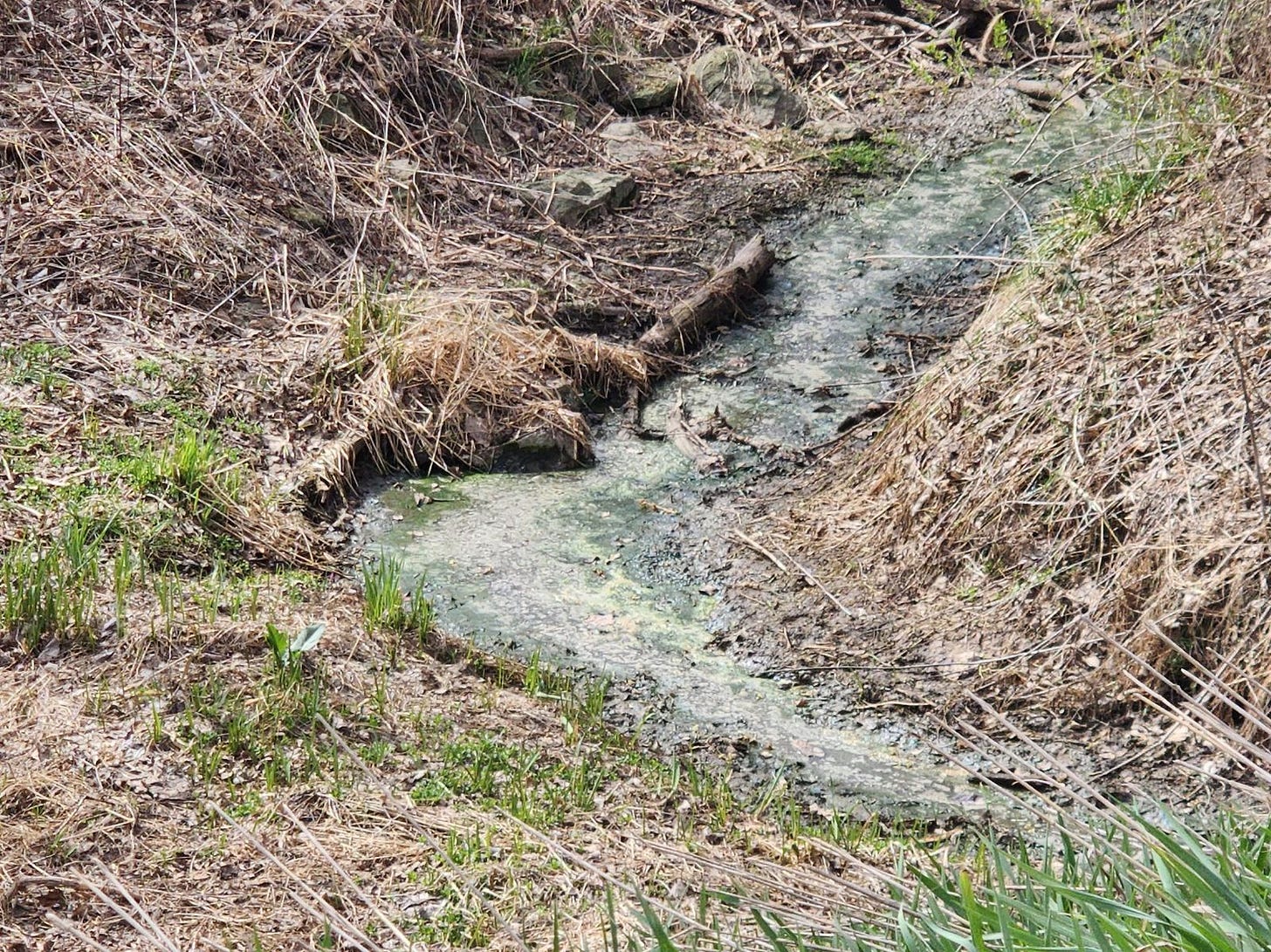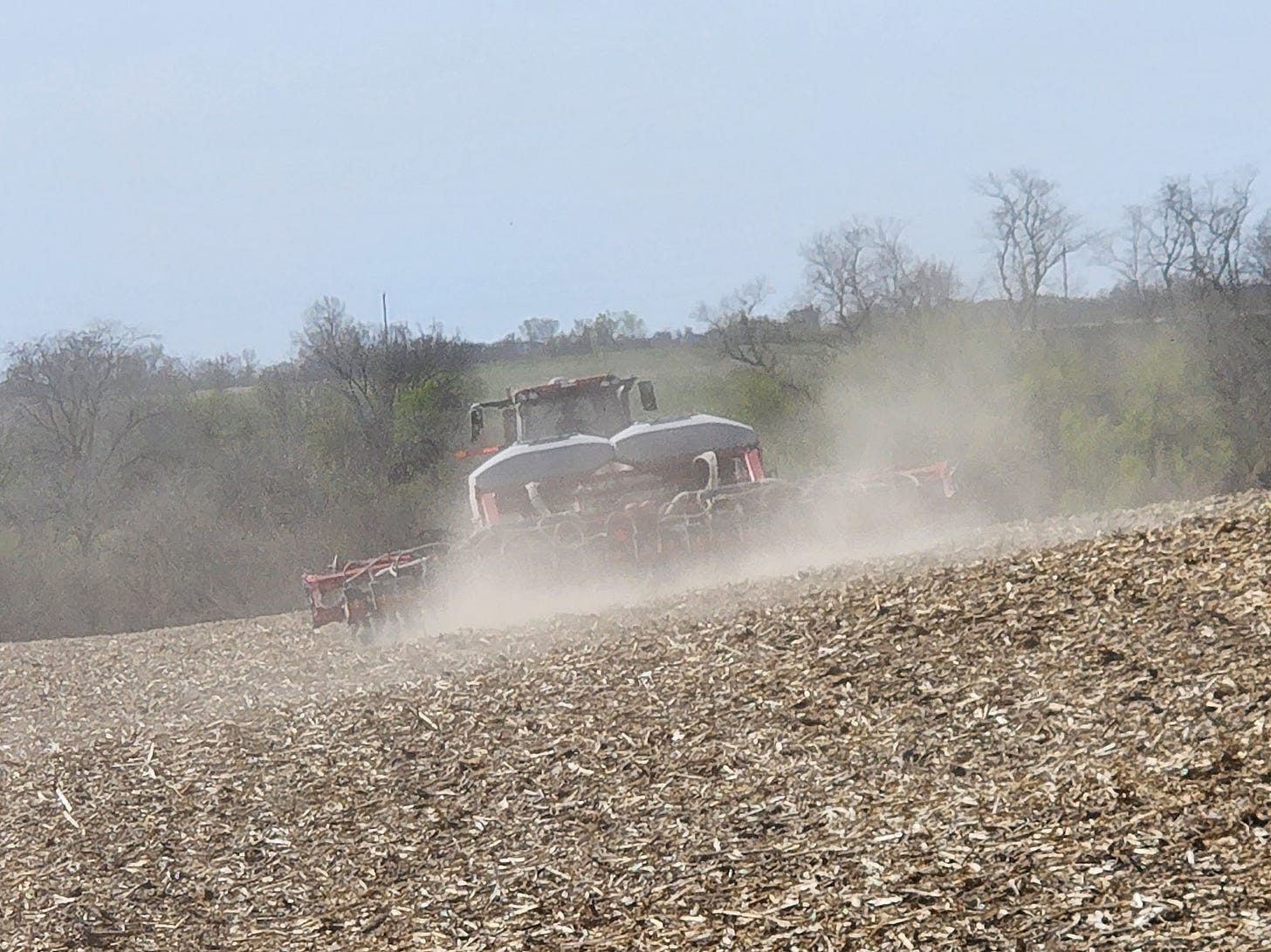Industrial Farm Production, the Environment, and Public Health
an upcoming conference at the Harkin Institute in Des Moines...
For hundreds of years industrialized nations have extracted resources from landscapes around the world with little or no regard for the lives of original inhabitants or the ecological consequences. The goal has always been and continues to be to maximize profit and externalize costs. There was little or no thought of sustainability when there were seemingly endless landscapes and peoples to exploit.
For generations modern science marched hand in hand with that system of human and landscape exploitation by building bigger and “better” means of extraction that marched relentlessly toward more profits and greater environmental destruction. Scientists, often employees or funded by corporations directly, or working at research institutions beholden to those corporations designed larger more efficient machinery, put chemicals to work creating inputs that maximized profit over environmental and health concerns, and manipulated the genetics of plants and animals with little concern or attention to the implications.
Governments were and still are, largely complicit and profit and growth is encouraged through lax or non-existent regulations.
Those early scientists, mostly male and trained at elite universities, had little knowledge of or regard for indigenous sources of knowledge or female voices. Their goal as scientists was profit and exploitation, whereas indigenous sources of knowledge that often empowered female voices were concerned with food production, conservation, preservation, and health—not profit at all costs,
Food producers, then and now, are largely caught up in those systems as corporations and governments designed them to make economic sense. It’s difficult to break away.
While it was easy in the past for the people of industrial nations to ignore the human and environmental costs thousands of miles away from home, it’s not so easy anymore. It’s in our own backyard.
Using Iowa as an example, our water quality continues to deteriorate. We are losing on average 5.2 tons of topsoil per acre per year and cancer cases are increasing. At the same time, producers are making less money and predictions are prices will be depressed through the end of the decade.
In Wednesday’s Des Moines Register:
Corn is trading around $3.80 a bushel, down 45% from two years ago, and soybeans are selling around $10 a bushel, about 30% lower. Prices are expected to linger at depressed levels through 2030, short of big changes in growing conditions, the economy or farm policy, according to a new report from the Food and Agricultural Policy Research Institute at the University of Missouri.
Farm income is expected to be down approximately 25% this year over 2023.
Runoff from a livestock confinement directly into the Des Moines River in Mahaska County earlier this spring.
Loss of topsoil during field preparation on a windy day last spring in Mahaska County, Iowa.
A conference organized by the Harkin Center at Drake University titled Industrial Farm Animal Production, the Environment, and Public Health will address the challenges we face as a consequence of intensive agriculture. Here is how the Harkin Insitute describes the conference, which will be held on September 25 and 26.
Hosted by the Harkin Institute for Public Policy and Citizen Engagement with an Introduction from Senator Tom Harkin (retired), in collaboration with the Johns Hopkins Center for a Livable Future. This event is part of Iowa Environmental Education Week co-organized with the Iowa Environmental Council.
The rapid concentration of farm animal production in factory farms makes meat, dairy, and eggs plentiful and cheap, but this type of agriculture comes at a great cost to human health, communities, and the environment. A new book by Johns Hopkins University Press, Industrial Farm Animal Production, the Environment, and Public Health, brings together public health and other experts to examine some of the most critical topics related to industrial farm animal production…
This two-day conference will examine pertinent topics such as the history, structure, and trends in the factory farming industry; water and air pollution; infectious disease health effects; community and social impacts; environmental justice and sustainable agriculture; and the impacts of COVID-19 among meatpacking workers. The hope of the conference is to highlight the serious risks posed to environmental and human health by current farming systems and to examine local and national strategies for moving towards a system that prioritizes health and well-being.
To learn more about the conference, I spoke with Adam Shriver, Interim Director of Wellness and Nutrition Policy at the Harkin Center, and Bob Martin, Director of the Food System Policy Program at the Johns Hopkins Center for a Livable Future. Our conversation is above.
Bob is the co-editor of the book that inspired the conference along with James Merchant, the founding dean emeritus of the University of Iowa College of Public Health.
You can register here to join in person or on the live stream.
I see at least two of my friends will be speaking. Chris Jones, author of The Swine Republic: Struggles with the Truth about Agriculture and Water Quality, and Austin Frerick, author of Barons: Money, Power, and the Corruption of the American Food Industry.
The conference comes at a critical time as the American people and the world at large are increasingly recognizing that our food production system is broken and there are dire consequences. Scientists and others presenting at the conference recognize that agricultural science no longer can mostly serve the corporate interests of maximizing profits and externalizing costs, but must address issues of our environment and public health clearly, and to a broad audience. To be sure there are individuals and groups who have been advocating for our environment, social justice, and public health for years, but their voices have been largely drowned out by corporate marketing, complicit governments, and an ag media that is often compromised, depending on corporate advertising to survive.
The stage has been set by those scientists and other voices who have cried out for decades regarding the failures of the system. The Biden/Harris administration has also helped turn the page by historic investments in climate smart agriculture and other investments in rural America.
Go to the conference if you can. Stream it. Learn all you can.
But, as Adam, Bob and I discussed in the interview, having a conference isn’t enough. Academics have conferences all of the time and no one listens but other academics.
American agriculture is a juggernaut, and turning the ship will be difficult. It will involve incentives and smart governmental regulations that run counter to the status quo. While corporate agriculture will be resistant, smaller farmers, producers, and distributors have been telling us for decades we need to move this direction. Members of groups like the Iowa Farmers Union, Practical Farmers of Iowa, and the Iowa Food System Coalition can help lead the way.
But they need our help to build political power, and that comes through the ballot box. Progress Iowa and Iowa Citizens for Community Improvement are building political power and are engaged, as are other groups. We need to elect legislators who will vote in our best interests, and groups like these will help us do so.
How about these for some non-partisan branding?
Vote for our Water. Vote against Cancer. Vote for our Rivers. Vote for the Small Farmer, Vote for our Food, etc.
Then we need to ask our legislators..
What will YOU do for water quality, What will YOU do to help mitigate Iowa cancer rates, etc.
Then vote for our water, etc.
And when we discuss these issues with our friends, family members, and neighbors, it’s always values first, policy second.
Enjoy the conference if you are able to make it.
I’m really looking forward to the comment on this. Please share this post, and your comments on how we can best move forward. Join the conversation. Our food system is broken. Be part of the solution.
I’m a proud member of the Iowa Writers’ Collaborative. Please check out our work here. Subscribe! Become a paid subscriber if you can afford it. Please and thank you. We need you. Thanks for being part of the team! Want to buy me lunch or a cup of coffee? Venmo @Robert-Leonard-238. My friend Spencer Dirks and I have a podcast titled the Iowa Revolution. Check it out!
The Iowa Writers’ Collaborative is now offering our political podcast Iowa Down Ballot. Thanks to Zachary Oren Smith for producing and to Dartanyan L. Brown (a member of the Iowa Writers’ Collaborative) for providing music.









Robert. Thanks for this excellent overview. After living away for 40 years I moved back to Johnson County in 2020 to be near family. My observations of the shifts in the physical, economy, and political landscape of my “home” state was a shock. While, your article brings science and reason to my observations, you have not addressed the human dynamic that has also taken hold: the erosion of freedom; the loss of reflective thought; and the celebration of diversity necessary for a thriving human and more than human community. While industrial farming has been ravaging the land, the corporate mentality has also been ravaging the soul of Iowans. I returned to be near family, but have been cast out because of my capacity for critical thought and reflection and the need to ask my old friends and family “why?” and “how?”. Instead of rich dialogue, I encounter silence, anger, and rejection. We will not make the needed changes without open minds and open hearts. These are the deeper needs behind the public health, education and economic crisis facing Iowa. Where are the state leaders and voices leaning in to these conversations and willing to take a risk for a healthier and just future vs. recreating a past that is no longer viable? Those are the true Iowans…the pioneers who are willing to take risks for a better future.
The efficiency of modern American agriculture is stunning and cascades throughout our economy, even enabling one of our major export successes. Shifting the cost of environmental degradation from "the commons" to the offending producers is an admirable goal for both crops and livestock production but not without cost to them. The carrots and sticks required to effect this cost-shifting will not be cheap and will be passed up the food chain with enormous impact on grocery bills. Will be interesting to watch.